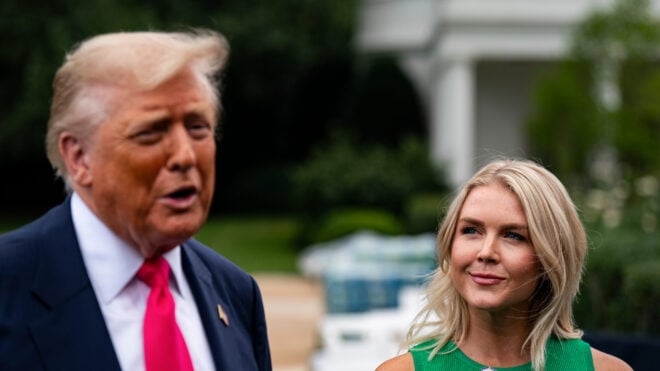
(This article first appeared in January 2021.) We might be in 2021, but there are still a lot of misconceptions and misunderstandings about what it's really like to grow up as a secular homeschooler. For clarity, secular homeschooling families do not incorporate religion into their learning; they can often lean toward wildschooling, worldschooling, or unschooling their children as well.
Since so many of us are spending extended amounts of time at home, it makes sense that more and more families are exploring the possibility of homeschooling their own children. There are tons of differences between homeschooling and doing distance learning from a school at home. The biggest difference is that homeschooling families tend to have a lot more control over their schedule, curriculum, activities, and more.
One woman who spent most of her life secularly homeschooling decided to let people on Reddit ask her anything they wanted — and several of the questions and answers are hugely helpful to prospective homeschooling families.
She starts by explaining her experience with homeschooling:
"I was homeschooled for five years, went to public elementary and high school, and private school for preschool and summer programs.
"I see homeschooling as a valid option, no better or worse than public or private school. Each option has strengths, weaknesses, and the potential for children to be abused, neglected, given misinformation… and the potential for amazing opportunities, excellent education, and fantastic personal growth."
She concludes, "I've seen other homeschooling AMA's done, but been frustrated that they seem to mostly be from people homeschooled for religious reasons. That's not the only type of homeschooler out there, and I'd like to answer some of the common questions from a different perspective."
Then she opened up the post for questions.
Question: Why did your parents choose to homeschool you rather than use public school?
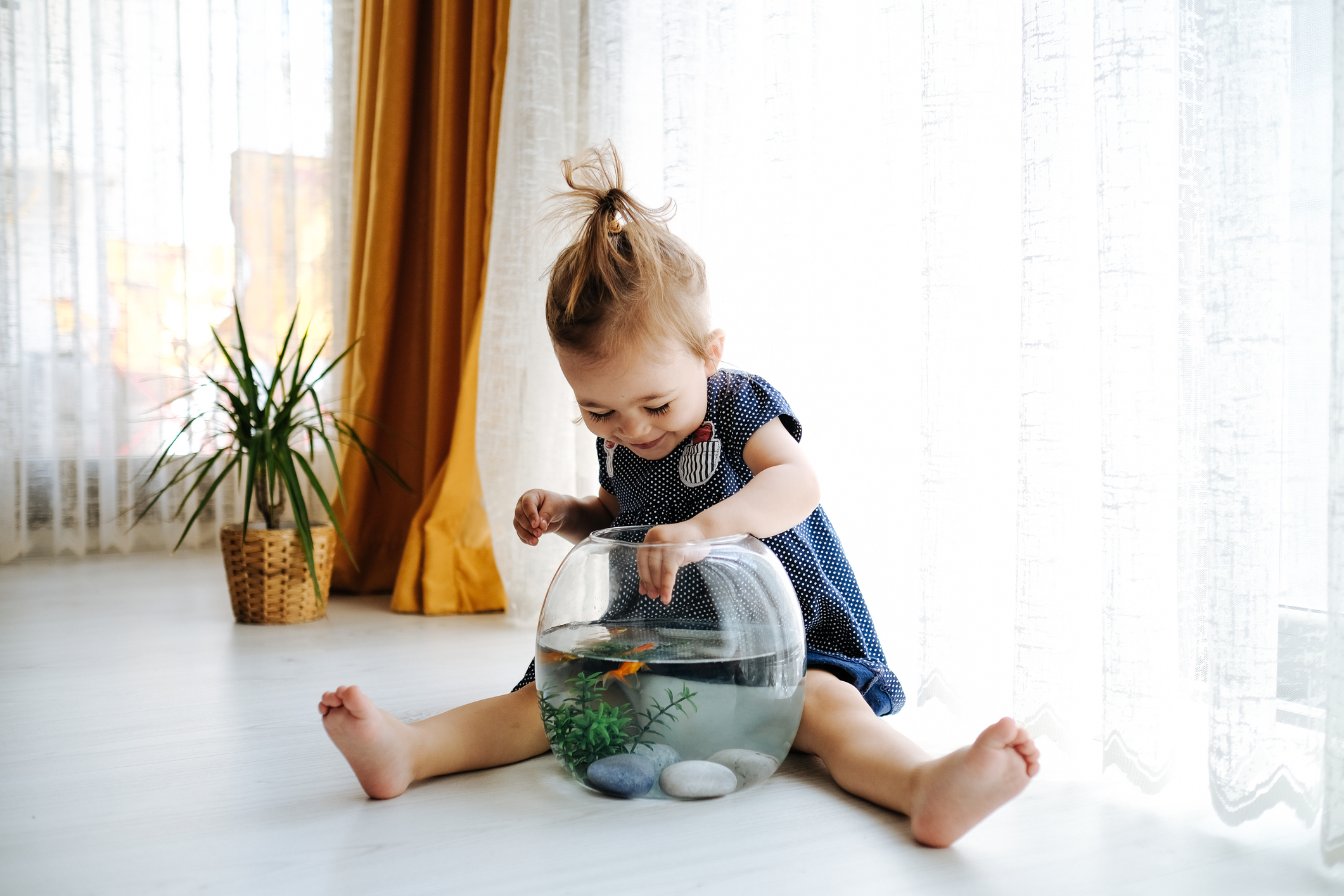
The first question is about the reasons why her parents chose to homeschool her in the first place. The woman was asked if her parents had curriculum concerns, and she says that's part of the reason but definitely not the whole thing.
"I was more and more bored and frustrated in public school, my parents wanted me in harder classes, and I had a lot of social difficulties.
"To put it bluntly: I sucked at being around other kids. I was great at being around adults."
Question: Were there areas of your education that you found exceptionally lacking?
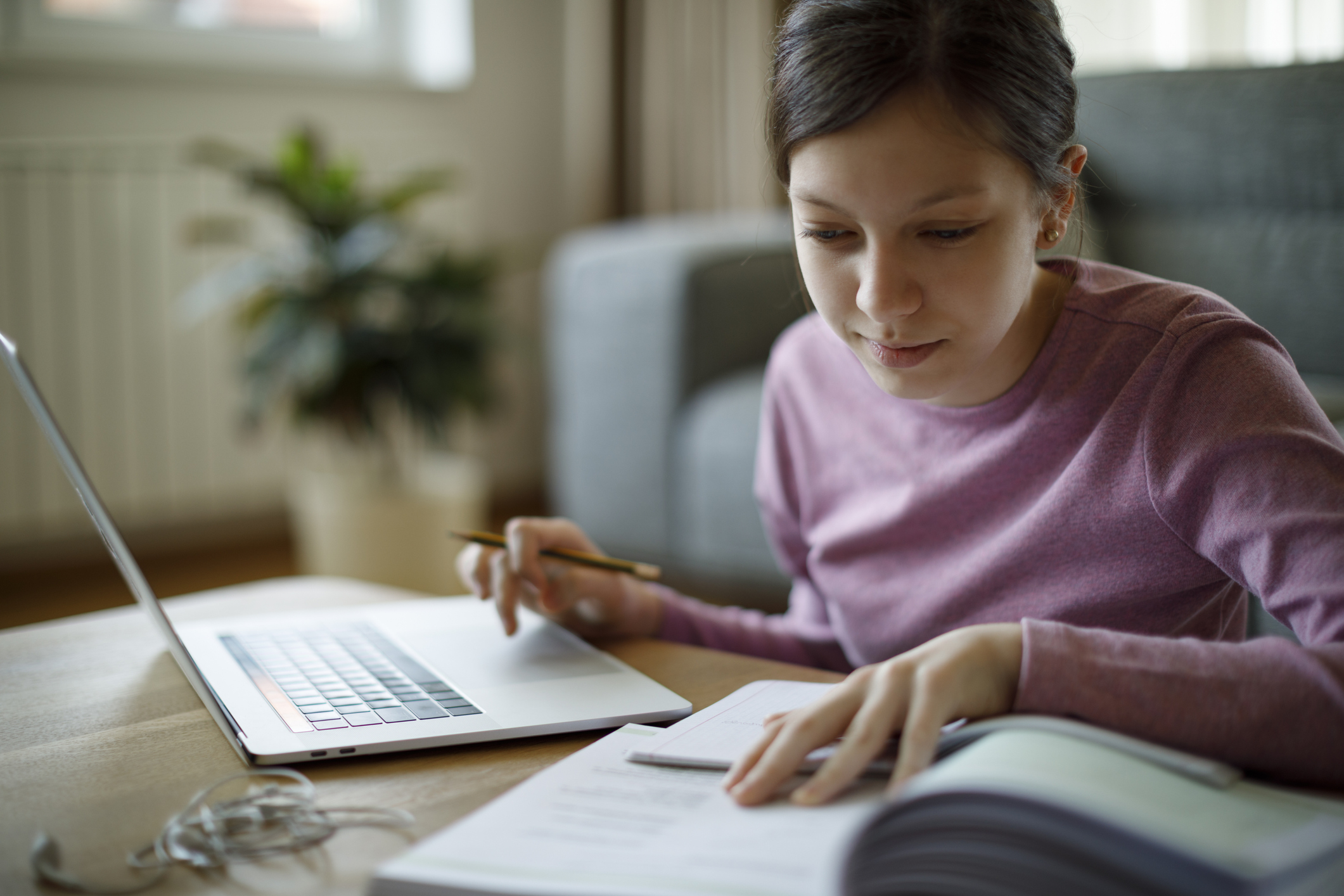
The woman says yes, absolutely: There were definitely parts of her education that she was worried about:
"So, I went to public high school (not in 9th grade, 10th), and I could, not to toot my own horn, USE language more accurately than most of my classmates, but I could not identify more than an adjective, noun, and so on. Direct object? Indirect object? I was completely lost.
"I spent two weeks miserably doing worksheets and studying, trying to catch up to my classmates in time to pass our initial grammar review test."
Question: What do you feel the overall drawbacks are from homeschooling?
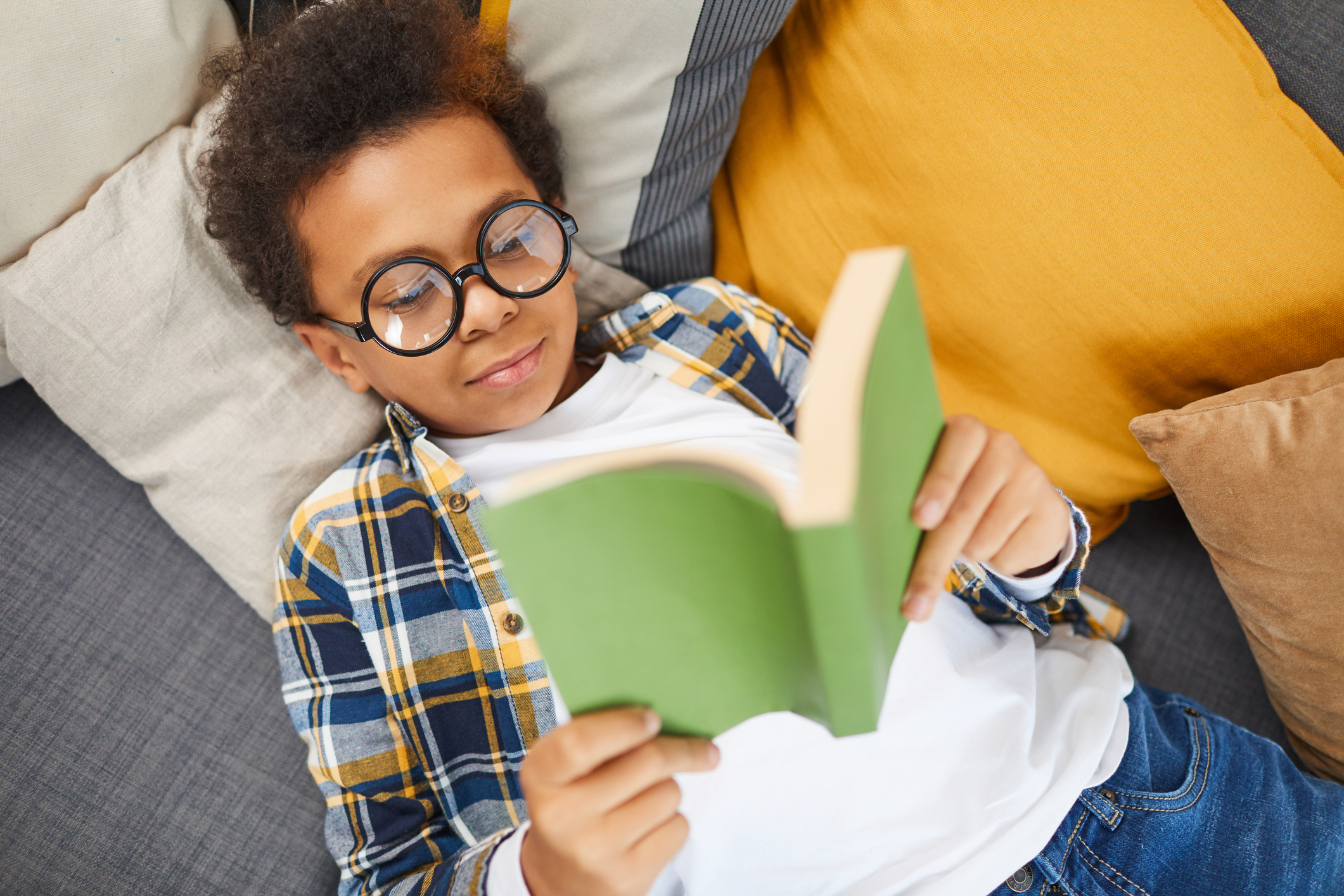
The woman acknowledges that this question is a little tough to answer because it's broad, but she tries anyway:
"That's a really tough, broad question. To me, that's like saying 'What are the overall drawbacks of public school?'
"I would say that some of my friends had parents who were just plain lousy at teaching them things / setting boundaries, and I found that frustrating even as a kid.
"I knew some kids who couldn't read at 9-10 because their parents figured that they'd be ready to learn in their own time, and that seemed ridiculous to me, since I was reading at 4.
"On the other hand, once they started to read, they caught up to grade level or beyond within about six months. My husband was a teacher, and had many, MANY students who were reading below grade level and never caught up."
Question: Who taught you math? Were you lacking in this area, or did your parents teach you?
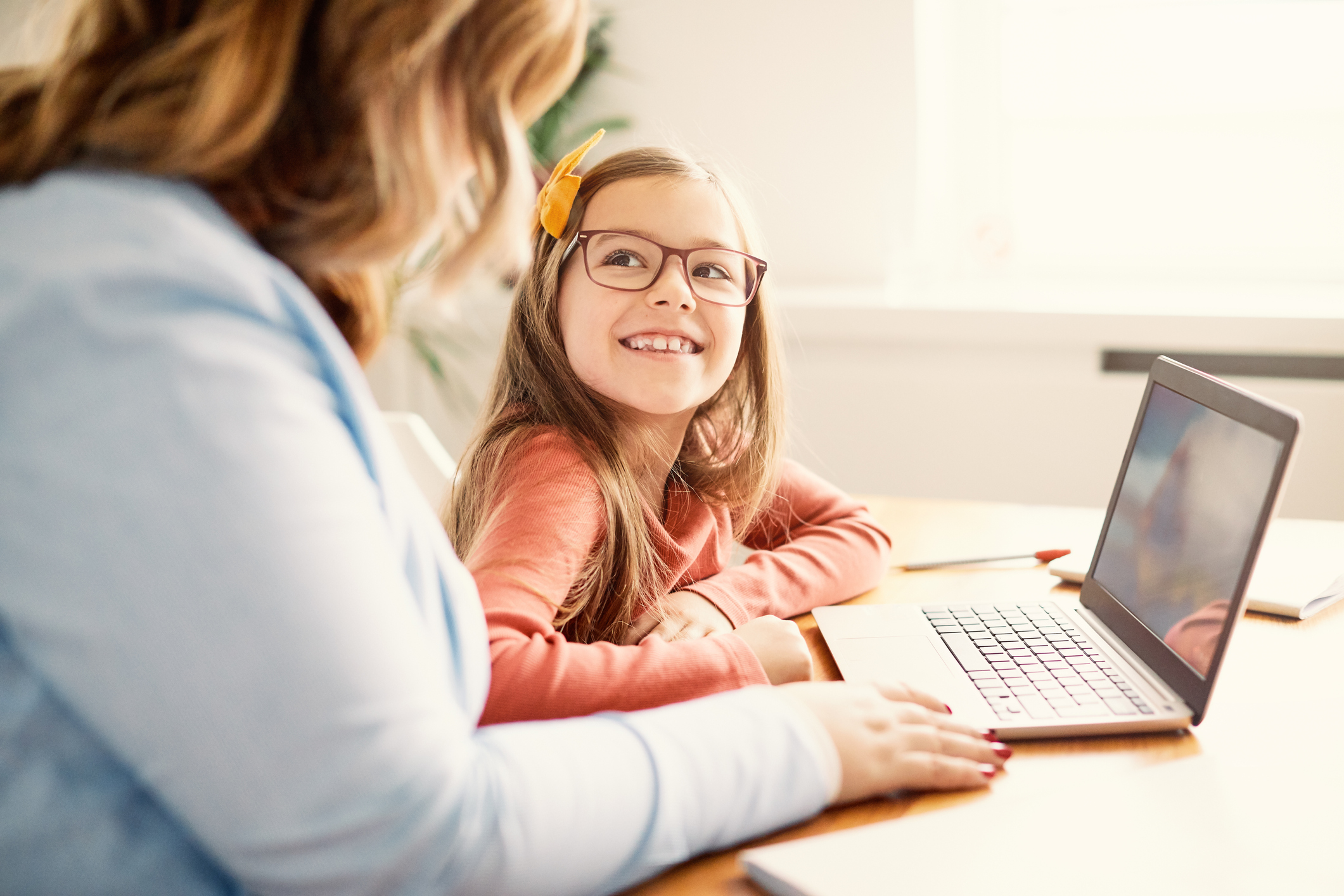
Math is often a big problem for families who homeschool, because it turns out you need to have a strong grasp on math to teach it, and not everyone does. The woman says her parents came up with a good plan — outsourcing:
"My mother hired another homeschooling mother as a tutor, since math is not her strong point. I learned math at her kitchen table while I played with her baby. I made A's in math in high school and college, although I frequently needed one-on-one tutoring to understand it. I'm social and kinesthetic and find it very difficult to learn math from someone standing at a board (or from a video)."
Question: What if your son wanted to play sports?
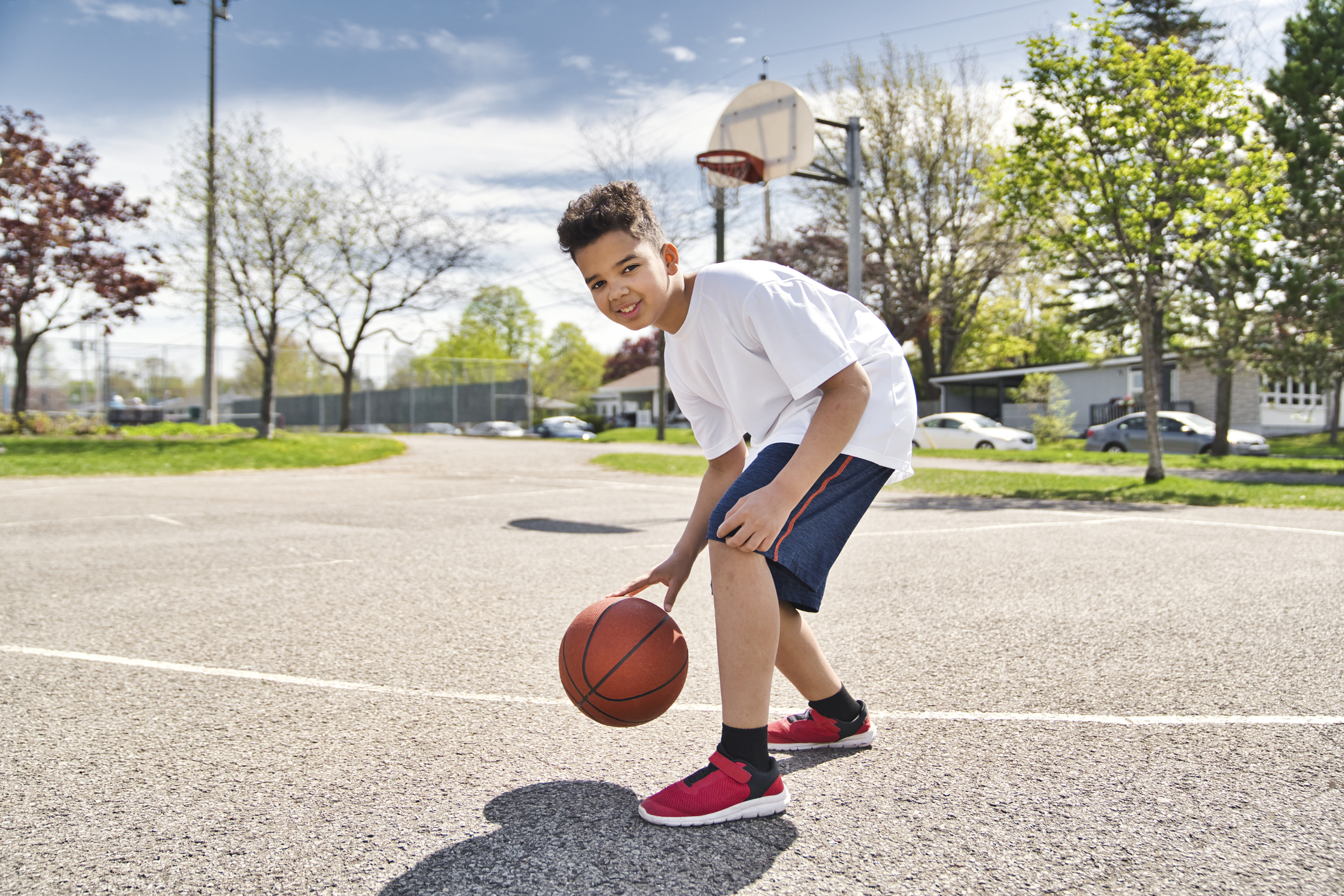
Having the ability to play team sports is another question that people who haven't homeschooled often raise. In addition to taking advantage of local rec center leagues, the woman says there are other options:
"Actually, I knew of several sports teams of homeschoolers around me. I could have played soccer, basketball, volleyball, and maybe baseball as a homeschooler if I'd wanted to, competing against other homeschoolers and against traditional public and private schools.
"If my son wants to play a sport that wasn't available as a homeschooler, he and his father and I would have to have a serious conversation about priorities and whether or not it was worth it to him to go to public school for that opportunity."

